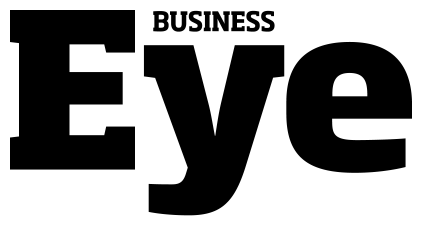“The Manufacturing NI survey is an accurate barometer of business and investor confidence and while the picture is bleak, it also shows an extraordinary resilience and positive attitude by our firms and businesses across the north,” says Mr Kelly.
The wide-ranging survey shows that both Covid 19 and Brexit have created challenges which are insurmountable for up to a third of businesses. Survey sponsor, law firm Tughans, says the sector faces unprecedented challenges.
“Tughans represents a significant number of manufacturing firms across Northern Ireland and beyond. These clients are facing real challenges at present and we are seeing an uptake in advice from our specialist teams particularly in relation to HR, contracts and banking,” says James Donnelly, Partner and Head of Corporate specialist at Tughans
The survey paints a bleak picture and Manufacturing NI says the challenges cannot be faced by companies alone if they are to survive and prosper.
“While Northern Ireland’s private sector may be optimistic and resilient, the twin peaks of the pandemic and Brexit are eroding the confidence of many,” says Mr Kelly. “This needs to be rectified urgently by the policy makers if our economy is to recover, if jobs are to be protected and created and if firms are to be saved.”
The survey shows that more than half of firms are in decline in terms of sales. This compares with 12% of firms reporting downturns at the same time last year. While one in three companies are operating at 80% or more, they report that demand is slow. Of particular concern are the expectations of companies as they face a future of uncertainty with four out of five saying they are experiencing sales decreases while half the businesses exporting to Great Britain are also seeing decline in sales.
“Covid 19 may be the dominating factor in much of the turbulence being experienced by companies in recent weeks and months but the spectre of Brexit has once again loomed into view with half our businesses expecting a downturn in the new year,” says Mr Kelly.
According to the survey much of this is attributed to the lack of clarity, procedures or any details on new customs processes and requirements.
“One third of Northern Ireland companies do not believe they have the capacity to deal with the complex new arrangements,” says Mr Kelly.
“For the Northern Ireland Protocol to work for our businesses, we need to see greater information and details for firms to gear up and funding to help them to prepare for the changes,” he says.
In addition to Covid 19 and Brexit, areas of prevalent concerns include political uncertainty and the cost of doing business in Northern Ireland.
Almost two thirds (65%) of businesses have reported an increase in labour costs and 64% believe costs and funding challenges are the biggest obstacles to implementing new technologies.
Northern Ireland’s top three manufacturing sectors include machinery and equipment; rubber, plastic and other non-metallic mineral products; and wood, paper and printing.
The survey was conducted from 1 – 20 July by Perceptive Insight on behalf of Manufacturing NI and Tughans.

Stephen Kelly, MNI, Maureen Treacy of Perceptive Insight and James Donnelly, Tughans.



